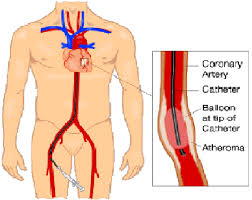Angioplasty PTCA
India
-
Our Price USD 3510
-
Hospital Price USD 3900
-
You Save : USD 390
Booking Amount: USD 351. Pay Remaining 90% at the hospital.
Book NowAdditional Credit
Among the important extras we offer as part of the Additional Credit are the following:
-
Site Tourism For The Patient & Attendant
-
Airport Pick & Drop Service
-
Ambulance service at airport
-
Priority appointments with The Doctor
-
Cancel Easily Anytime with Full Refund
-
Room Upgradation
-
Free Online Doctor Consultation Valued at USD 20
-
Free hotel Stay for 5 to 7 days Accordingly
-
Welcome Kit at Arrival
-
Interpreter
-
Medical Visa Assistance
What is Included?
- Doctor consultation charges
- Lab tests and diagnostic charges
- Room charges inside hospital during the procedure
- Surgeon Fee
- Cost of implant
- Nursing charges
- Hospital surgery suite charges
- Anesthesia charges
- Routine medicines and routine consumables (bandages, dressings etc.)
- Food and Beverages inside hospital stay for patient and one attendant.
What is not Included?
- Extra Radiology Investigations
- Healthcare Professionals Charges of other consultations.
- Other Requested Services such as Laundry etc.
- Additional Pharmaceutical Products and Medicines After Discharge from Hospital.
- Management of Conditions Unrelated to Procedures or Pre-Existing.
- The cost of any additional implants will be in addition to the package cost.
Package Description
Angioplasty PTCA
Percutaneous transluminal coronary angioplasty, or PTCA, is a minimally invasive technique for opening blocked coronary arteries and increasing blood flow to the heart muscle. The groyne region is first numbed with a topical anaesthetic. The doctor next inserts a needle into the femoral artery, which flows down the leg.
Disease Overview:
Blocked coronary arteries
Coronary artery disease is a narrowing or blockage of your coronary arteries caused by plaque accumulation. Coronary artery disease, also known as coronary heart disease, ischemic heart disease, and heart disease, is a kind of coronary artery disease.
Signs and Symptoms
Since you might not experience symptoms at first, you may not realise you have coronary artery disease. Plaque builds up in your arteries over time, from years to decades. However, when your arteries constrict, you may have moderate symptoms, indicating that your heart is working harder to transport oxygen-rich blood to your body. The most typical symptoms are chest discomfort or shortness of breath, which can occur even when doing nothing but going up stairs.
When you have coronary artery disease, you may not realise it until you have a heart attack. A heart attack can cause the following symptoms:
Heaviness, tightness, pressure, hurting, burning, numbness, fullness, squeezing, or a dull pain are some of the symptoms of chest discomfort (angina). The pain may spread to your left shoulder, arms, neck, back, or jaw, or it may just be felt in your left shoulder.
- Feeling exhausted
- Lightheadedness and dizziness
- Nausea
- Weakness
Women's heart attack symptoms differ somewhat from men's and include:
- Shoulders, neck, abdominal (belly), and/or back pain and distress.
- Irritable bowel syndrome (IBS) or heartburn.
- Anxiety that isn't explained.
- Cold sweat.
Disease Causes:
Coronary artery disease affects everyone at some point in their lives. The rate at which it develops varies from one individual to the next. When you're young, the process normally begins. The blood vessel walls begin to develop fat streaks before your teen years. As plaque builds up in the inner walls of your arteries, your body responds by sending white blood cells to attack the cholesterol, but the attack produces further inflammation.
You're more likely to get coronary artery disease if you:
- Have a high level of cholesterol (particularly high LDL "bad" cholesterol and low HDL "good" cholesterol)
- Have a high blood pressure condition
- Heart disease runs in the family
- Have diabetes
- Smoking
- Post-menopausal woman or a male over 45 years old
- Overweight
- Physically inactive
Diagnosis:
Your cardiologist (heart doctor) will question you about your symptoms, assess your medical history, evaluate your risk factors, and do a physical exam unless your condition is an emergency (you're experiencing a heart attack or stroke).
The following tests may be used to diagnose you:
Electrocardiograph (ECG) tests are used to record the electrical activity of the heart. Can identify heart attacks, ischemia, and irregular cardiac rhythms.
Exercise stress tests: This is a treadmill test that determines how well your heart performs while it is under the most strain. Can identify angina and obstructions in the coronary arteries.
Pharmacologic stress test: Instead of utilising exercise to test your heart when it is working the hardest, medication is given to raise your heart rate and simulate activity. Angina and coronary occlusions can be detected using this test.
Coronary calcium scan: This test determines how much calcium is present in the walls of your coronary arteries, which might indicate atherosclerosis.
Echocardiogram: this test uses sound waves to determine how well your heart's architecture and general function are operating.
Blood testing: Triglycerides, cholesterol, lipoprotein, C-reactive protein, glucose, HbA1c (a marker of diabetes management), and other tests are ordered for variables that impact arteries.
Cardiac catheterization is a procedure in which tiny tubes are inserted into the heart's blood arteries to assess heart function, including the existence of coronary artery disease.
Other imaging tests that may be used include:
Nuclear imaging is a test that uses a radioactive tracer to create pictures of the heart.
CT angiogram: A 3D image of the moving heart is created using CT and contrast dye to detect blockages in the coronary arteries.
Disease Treatment
Your healthcare professional will discuss the best treatment strategy for you with you. To lower your risk of complications from coronary artery disease, such as heart attack and stroke, stick to your treatment plan.
Lifestyle Changes
Reducing your risk factors is the first step in treating coronary artery disease. This entails making lifestyle adjustments.
- Don't Smoke
- Manage Health Problems
- Heart healthy diet
- Avoid alcohol abuse
- Exercise
Medication
Your doctor will prescribe drugs to help you control your heart disease risk factors. The following are examples of heart-related drugs that you may be prescribed:
- to lower your cholesterol levels
- to lower blood pressure
- to stop angina
- to reduce the risk of blood clots
You'll be offered drugs to reduce your blood sugar level if you have diabetes and coronary artery disease.
Surgical procedures and procedures
Nonsurgical therapies to remove plaque accumulation in the arteries and prevent blockages are known as interventional procedures. Balloon angioplasty and stenting are two common techniques.
Coronary artery bypass graft (CABG) surgery involves creating a new path for blood to flow when there is a blockage in the coronary arteries.
If traditional treatment options are not successful, your cardiologist may recommend other treatment options, such as enhanced external counterpulsation (EECP). In this procedure, inflatable cuffs (like blood pressure cuffs) are used to squeeze the blood vessels in your lower body.
PTCA, or percutaneous transluminal coronary angioplasty, is a minimally invasive procedure for opening blocked coronary arteries and improving blood flow to the heart muscle. A topical anaesthetic is used to numb the groyne area first. A needle is then inserted into the femoral artery, which runs down the leg.
Information related to Treatment
Package Details
Days in Hospital
3 Days
Days in Hotel
*
7 Days
Room Type
Private
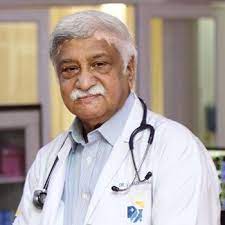
Treating Doctor
Dr. Col V Hariharan
Cardiologist- Electrocardiography, Pacemaker Implantation, Coronary Angiography, Heart valve replacement, Cardiac Ablation, Implantation of ICD, Electrophysiology Studies (EPS), ECG analysis
Indraprastha Apollo Hospitals, New Delhi New Delhi, India
38 Years of Experience
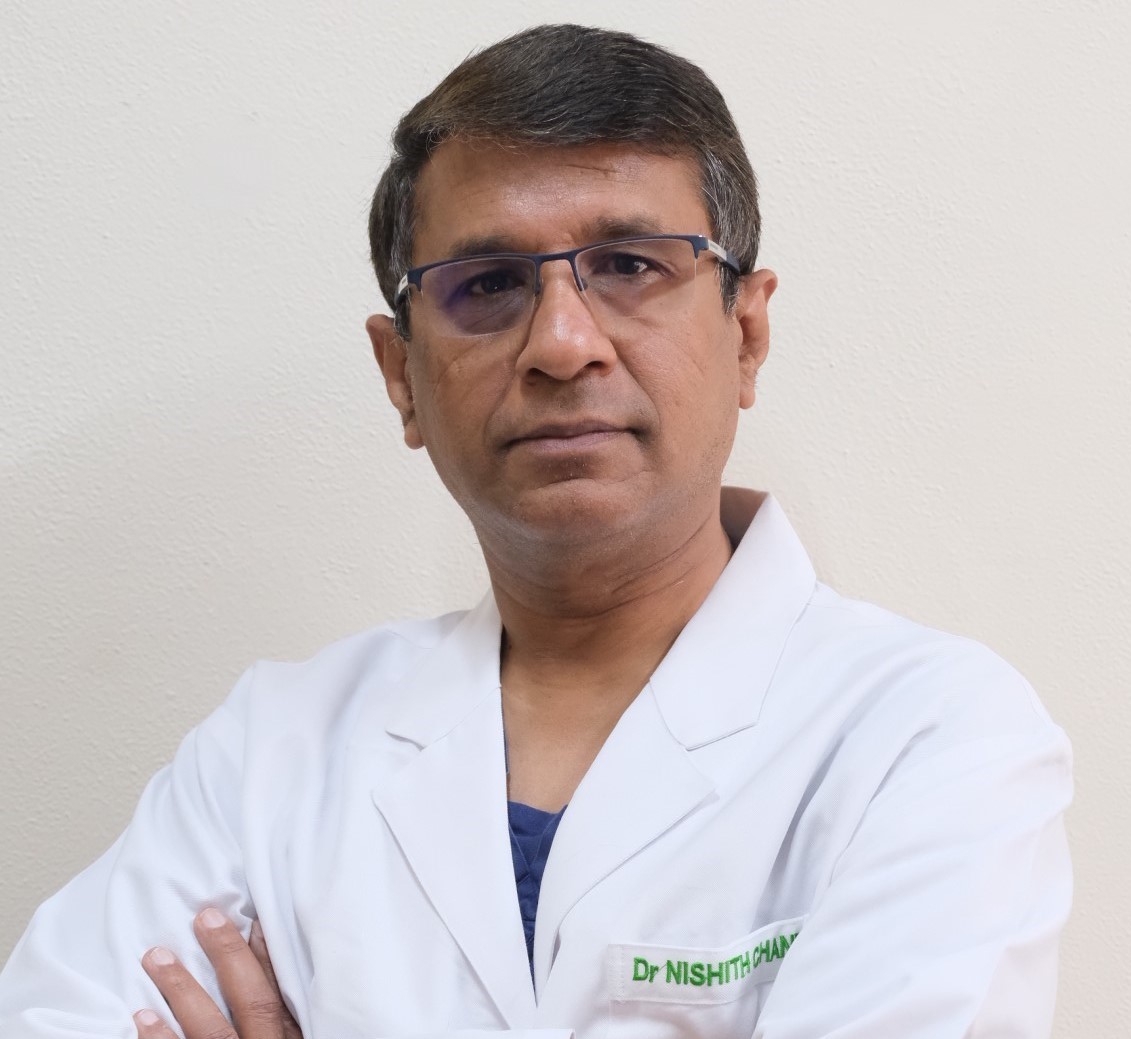
Treating Doctor
Dr. Nishith Chandra
Interventional Cardiologist- Pacemaker Implantation, Coronary Angiogram, Cardiac Catheterisation, Carotid Angioplasty And Stenting, Implantable Cardioverter-Defibrillators (ICDS), Peripheral Angioplasty
Fortis Escorts Heart Institute New Delhi, India
29 Years of Experience
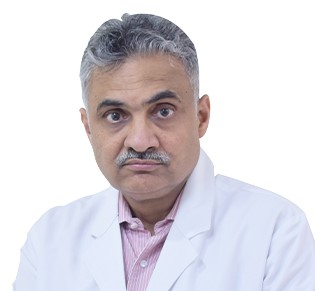
Treating Doctor
Dr. Praveer Aggarwal
Cardiologist- Coronary Artery Bypass Grafting, Coronary Angiogram, Peripheral Angiography, Coronary Angioplasty / Bypass Surgery, Cardiac Ablation, Cardiac Catheterisation
Fortis Escorts Heart Institute New Delhi, India
31 Years of Experience
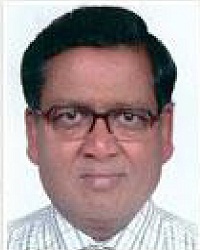
Treating Doctor
Dr. Mahesh Chandra Garg
Cardiologist- Coronary Angiography, Cardiac Electrophysiology, Coronary Angioplasty, Radiofrequency Ablation for Arrhythmias
Indraprastha Apollo Hospitals, New Delhi New Delhi, India
50 Years of Experience
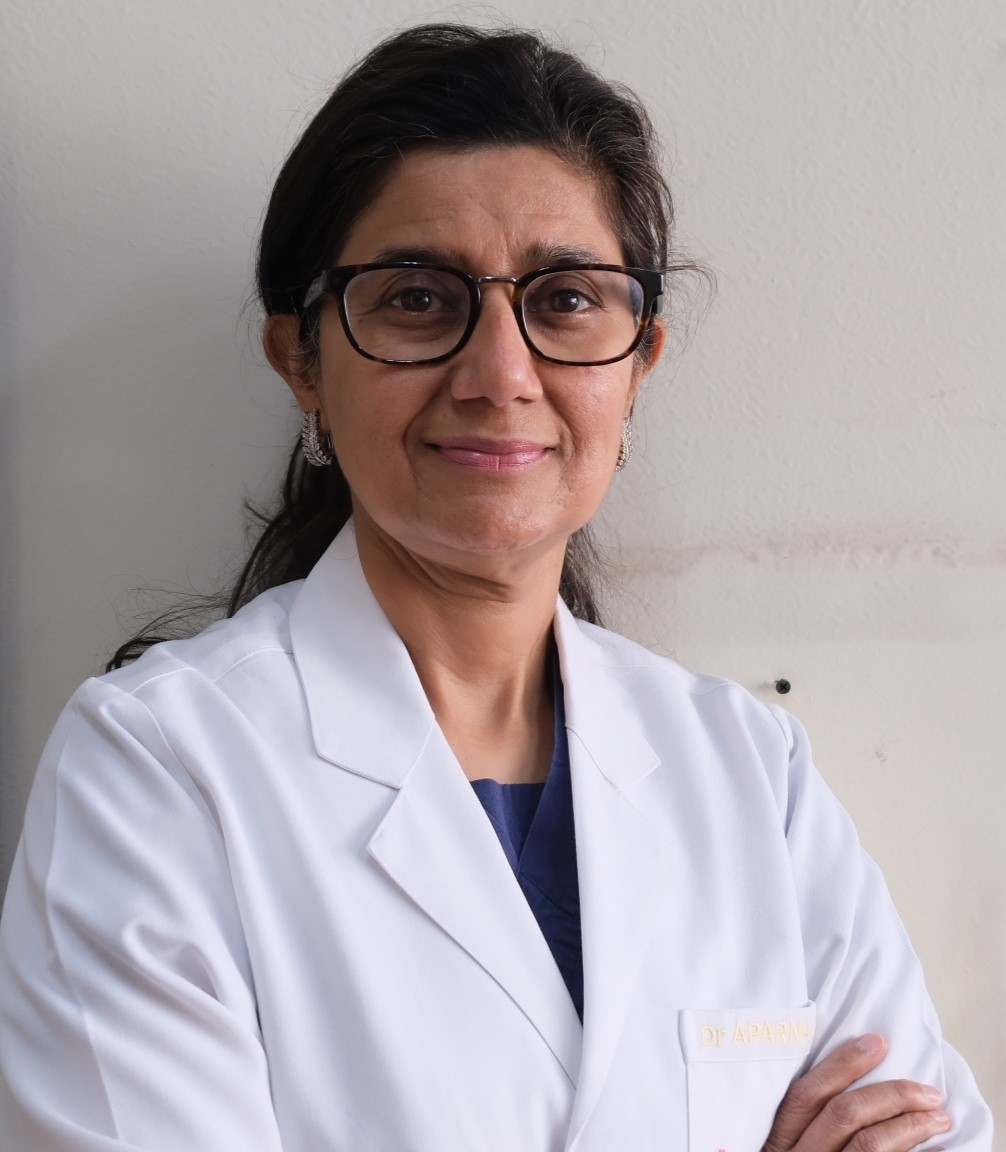
Treating Doctor
Dr. Aparna jaiswal
Cardiologist- Pacemaker Implantation, Three Dimensional Mapping, ICDs, CRT, CRT D, Electrophysiology Studies (EPS), Complex Arrhythmia
Fortis Escorts Heart Institute New Delhi, India
26 Years of Experience
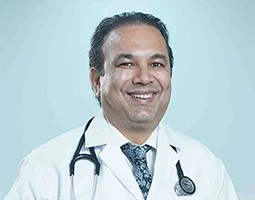
Treating Doctor
Dr. Umesh Kohli
Interventional Cardiologist- Echocardiography, Pacemaker Implantation, Coronary Angiography, Coronary Angiogram, Cardiac Ablation, Cardiac Catheterisation, ASD VSD repair, Cardioversion, Implantable Cardioverter-Defibrillators (ICDS), Peripheral Angioplasty, Non Invasive Cardiology, Chest Pain Treatment, Bypass Surgery, CT angiogram, Cardiology, Balloon Mitral Valbuloplasty
Accord Super specialty Hospital Faridabad, India
24 Years of Experience
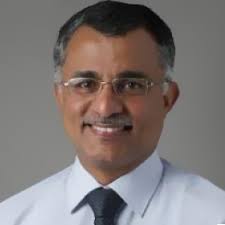
Treating Doctor
Dr. Anil Kumar R
Cardiologist- Angioplasty, Coronary Angiography, Minimal invasive cardiac surgery, Heart valve replacement, Heart valve repair, ASD closure, Aortic Dissections and Aortic Aneurysms, Surgery for cardiac tumors, Off-pump beating heart bypass surgery, Thoracic Aortic Aneurysm, Atrial fibrillation treatment, Angioplasty
Aster Medcity, Kochi Cochin, India
26 Years of Experience
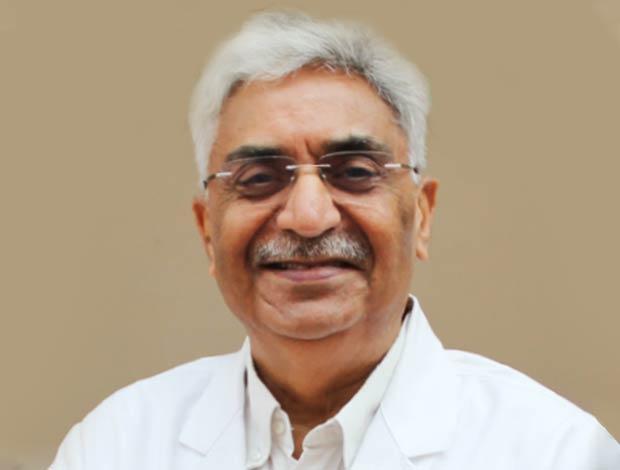
Treating Doctor
Dr. T. S. Kler
Cardiologist- Complex Coronary Angioplasty, Cardiac pacing & electrophysiology, Device implantation for heart failure treatment, Cardiomyopathy
Fortis Memorial Research Institute Gurgaon, India
37 Years of Experience
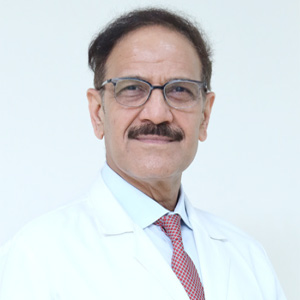
Treating Doctor
Dr. Subhash Chandra
Cardiologist- Pulmonary Arterial Hypertension, Ventricular Assist Device Implantation, CRT D, Congenital Heart Disorder CHD, Biventricular pacemakers, Carotid Angioplasty And Stenting, Complex Coronary Angioplasty, Pace Maker and AICD Implantation, IVC Filter Insertion, Coronary interventions, Structural Heart Disease Interventions, CRT-P, Renal Angioplasty, Carotid Angioplasty And Stenting, Complex coronary intervention including Rotablation, Coarctation, Endovascular Interventions
BLK-Max Super Speciality Hospital New Delhi, India
38 Years of Experience
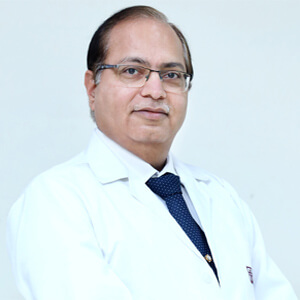
Treating Doctor
Dr. Ramji Mehrotra
Cardiothoracic and Vascular Surgeon- Left ventricular assist device (LVAD), Congenital heart surgery, Heart transplant, Transcatheter Aortic Valve Implantation (TAVI), Heart transplant, Minimal Access Surgery, Total arterial bypass surgery, Heart valve replacement, Heart valve repair, CABG on beating heart, CABG on beating heart, Bentall's procedure, Extra Corporeal Membrane Oxygenation-ECMO, TAVI/TAVR, Complex coronary interventions, Complex coronary interventions, Aneursym, Minimal Access Surgery
BLK-Max Super Speciality Hospital New Delhi, India
32 Years of Experience

